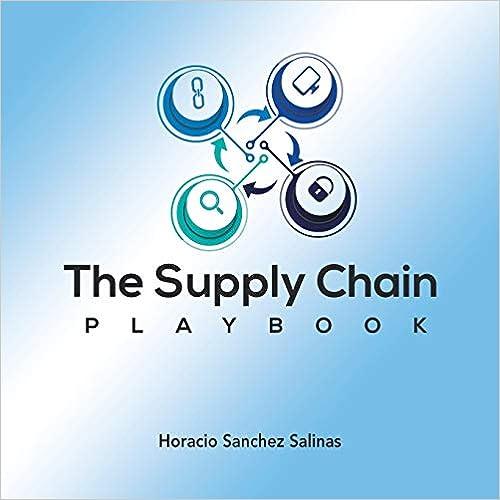Question
How Google Builds Team Effectiveness The importance of teams and the benefits of teamwork cannot be overstated. Effective teams can increase efficiency, to be more
How Google Builds Team Effectiveness
The importance of teams and the benefits of teamwork cannot be overstated. Effective teams can increase efficiency, to be more innovative, to improve employee morale and to enhance the organizations overall productivity. An organizations ability to build effective teams is paramount to their success. As a manager, the burden of creating and mentoring effective teams falls on your shoulders. This activity is designed to stimulate critical thinking of how best to build an effective team.
The goal of this exercise is to recognize the different team attributes.
Read the Google case and then answer the questions that follow.
According to Researchers Rob Cross, Reb Rebele and Adam Grant, time spent by managers and employees in collaborative activities has ballooned by 50% or more in the last twenty years.1 Nowhere is this more apparent than in the tech Giant Google. In Googles 2004 Founders IPO letter, founder Larry Page discusses Googles team approach to executive roles. He states, We run Google as a triumvirate the three of us run the company collaboratively.2 This emphasis on collaboration has trickled down into everything the company does. Much of the work done at Google is team-based. In 2012, Google set out to discover what drives team effectiveness. This initiative was called Project Aristotle.
Understanding Team Effectiveness
The goal of Project Aristotle was to determine why some teams excelled while others fell behind.3 Abeer Dubey, Googles director of people analytics, was selected to lead this project. Dubey was determined to find the perfect recipe for creating superteams. To help with this task, Dubey pulled together a team consisting of statisticians, organizational psychologists, sociologists, engineers, and researchers.
In order to understand what drives team effectiveness at Google, the team first needed to define what effectiveness meant at Google. The team settled on a mixture of quantitative and qualitative measures to capture the entire picture. The quantitative measures were results-oriented, such as lines of code written, amount of debugging, and level of customer satisfaction. The qualitative measures encompassed questions about team processes, team culture, and overall team evaluation. The qualitative data was gathered using surveys completed by executives, team leaders and team members.
The team studied 180 Google teams from all over the company. These teams ranged from three to fifty individuals.4 The researchers conducted over 200 interviews with team leaders to get their perspective on what drives team effectiveness. They then gathered data on the individual team members from their annual employee survey as well as Googles longitudinal study on work and life. In addition to the typical characteristics such as skills, experience, background, and personality types, this data also contained questions related to group dynamics and emotional intelligence.
The team ran dozens of statistical models analyzing over 250 different team attributes to determine what factors impacted both the quantitative and qualitative metrics. What they found was that the who part of the equation did not matter as much as the how in determining effectiveness.5 The common denominators of effective teams at Google were not determined by the characteristics of each team member but rather by how the team functioned. Their analysis identified five components that drive team effectiveness: psychological safety, dependability, structure and clarity, meaning, and impact.
Team Building in Action
Google holds Hash Code, an annual team programming competition. Hash Code is a contest in which teams of two, three, or four members pick a programming language, and Google picks an engineering problem for the team to solve. It is open to students as well as to professionals. The contest has a qualifying and final round. Top teams are invited to Google to compete in the final round.
QUESTION: Compare and contrast the level of skill differentiation exhibited by each team in the case.
Step by Step Solution
There are 3 Steps involved in it
Step: 1

Get Instant Access to Expert-Tailored Solutions
See step-by-step solutions with expert insights and AI powered tools for academic success
Step: 2

Step: 3

Ace Your Homework with AI
Get the answers you need in no time with our AI-driven, step-by-step assistance
Get Started


